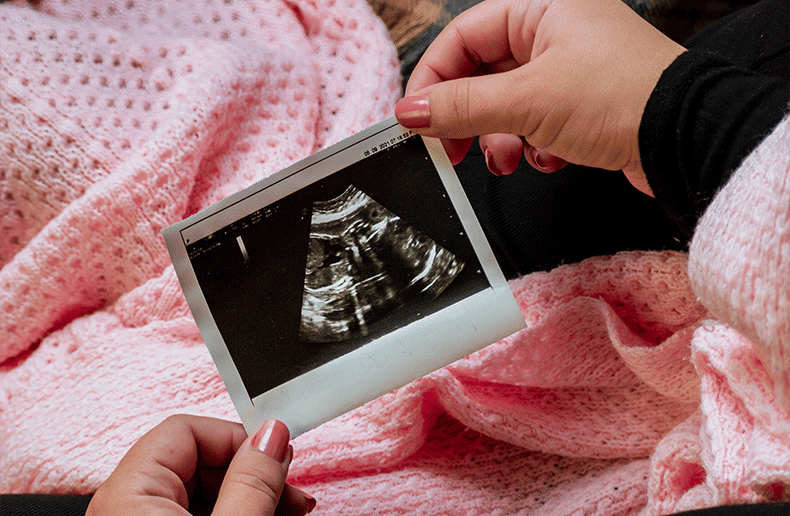Desjardins Assurances announced on November 2, 2023, a group insurance coverage designed "to address the diverse needs of individuals having difficulty starting or expanding their family".

Desjardins points out that this group insurance coverage, called Family Focus, comes at a time when fertility issues affect between 10% to 17% of the population, according to the World Health Organization (WHO) Infertility prevalence estimates 1990-2021 report, published in 2023.
The insurer asserts that infertility is on the rise and can affect all Canadians, regardless of their sex, gender, sexual orientation or relationship status.
Desjardins states that they are offering a "comprehensive and inclusive" coverage with a focus on support to improve access to fertility services.
"We're firmly committed to building a more inclusive society where everyone belongs, regardless of their gender or sexual orientation," said Denis Dubois, Executive Vice-President of Wealth Management and Life and Health Insurance of Desjardins Group.
A new support system
Desjardins explains that they have expanded coverage to the latest fertility tests and treatments. "Coverage also applies to adoption, surrogacy and a variety of other related expenses."
Plan members can benefit from Prenato's support services, says Desjardins. The company offers services before, during, and after pregnancy, including screening tests, an educational platform, online prenatal courses available in English and French, personalized coaching and a genetic counselling service.
Coverage on the rise
Desjardins is not the first to announce collective family planning coverage. In 2022, Sun Life introduced the Family Building program, capable of covering fertility-related services and medications. The program was expanded in 2023 to cover expenses related to surrogacy and adoption.
In British Columbia, Pacific Blue Cross partnered with BC Women's Health Foundation in May 2023 to create a personal health insurance plan which offers family planning benefits, including coverage for fertility drugs, related treatments and adoption.
Since 2020, Manulife has been promoting its group benefits supporting adoption, surrogacy support, fertility medication and gender affirmation. The insurer also increased family leave support for its employees in Canada. Since January 1, 2021, Manulife has been offering 20 weeks of paid maternity leave and 12 weeks of paid parental and adoption leave. In Canada and the United States, Manulife provides reimbursement of up to $20,000 per year for adoption and surrogacy support. In Canada, the insurer also covers fertility medication.
Sustainable development goal
The enthusiasm among insurers aligns with the times. In the conclusion of its report on infertility prevalence, WHO asserts that human health and gender equality are central elements of sustainable development goals, highlighting two objectives:
- Ensure healthy lives and promote well-being for all at all ages.
- Achieve gender equality and empower all women and girls.
WHO believes that these goals call on governments to ensure universal access to sexual and reproductive health and rights. "The drive to achieve the sustainable development goals therefore must encompass actions to respond more effectively to the needs of people with infertility, leaving no one behind," the report states.
According to WHO, lifetime prevalence of infertility is estimated to be 17.5%. The Western Pacific Region had the highest prevalence of lifetime infertility (23.2%), followed by the Region of the Americas (20.0%) and the European Region (16.5%). In North America, it ranges from 4% to 15.7%.







